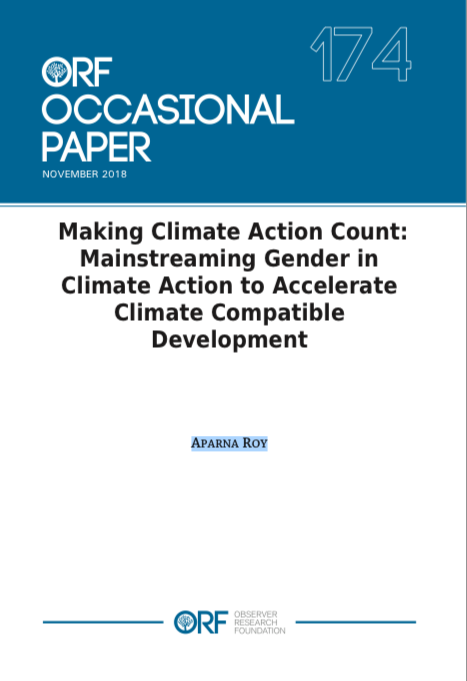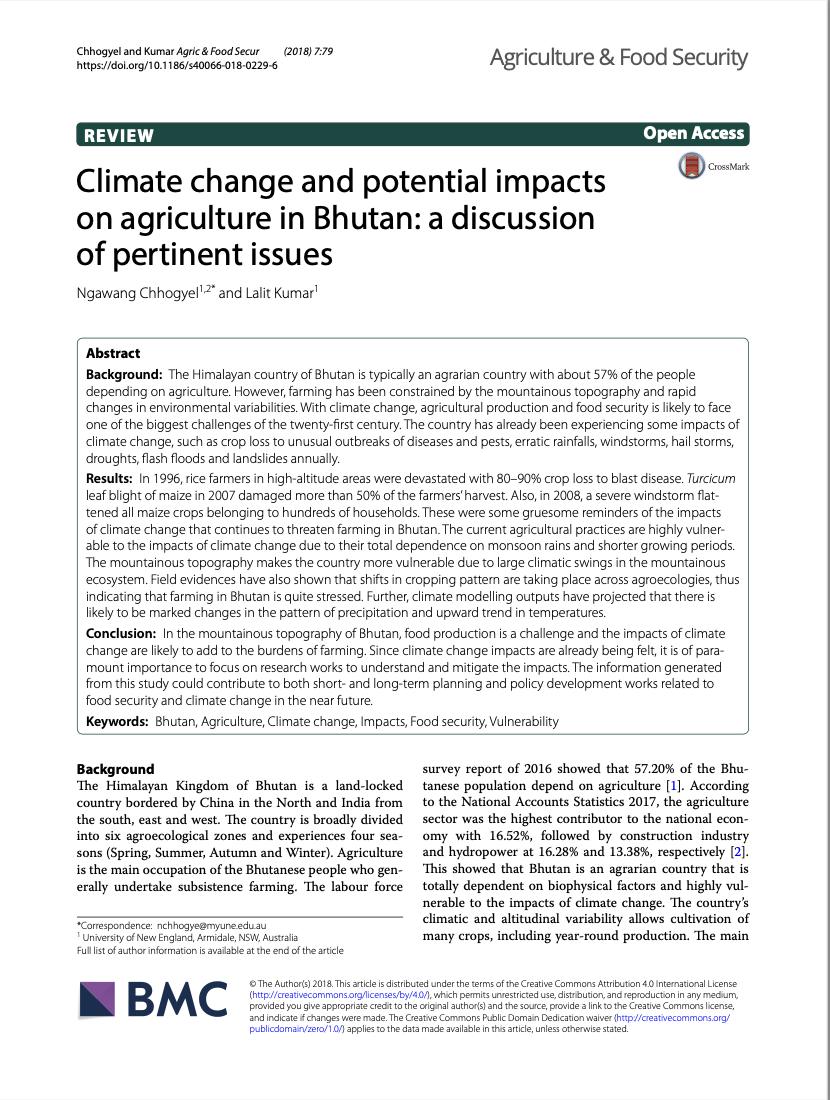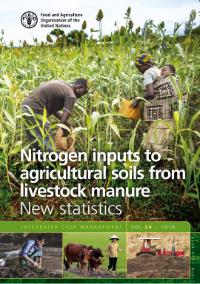Pongamia (Pongamia pinnata): A Sustainable Alternative for Biofuel Production and Land Restoration in Indonesia
Indonesia has a large area of degraded land, i.e. 30 million ha, which could potentially be utilized for biofuel plantations. The leguminous tree pongamia (Pongamia pinnata syn. Milettia pinnata) could be utilized to produce biofuel while restoring degraded land. Here, we explore the potential of pongamia as a source of biofuel and for restoring degraded land in Indonesia. Pongamia occurs across Indonesia, in Sumatra, Java, Bali, West Nusa Tenggara and Maluku. It grows to a height of 15–20 m and can grow in a range of environmental conditions.





